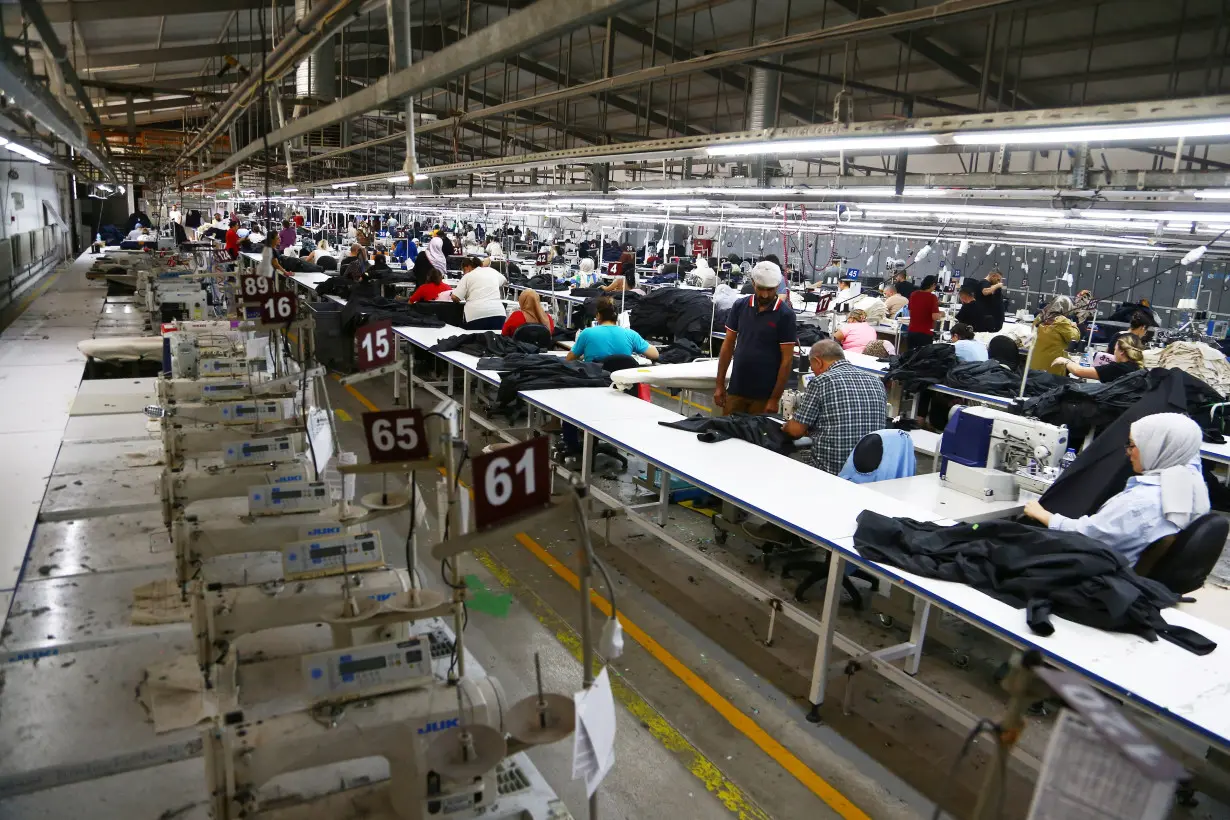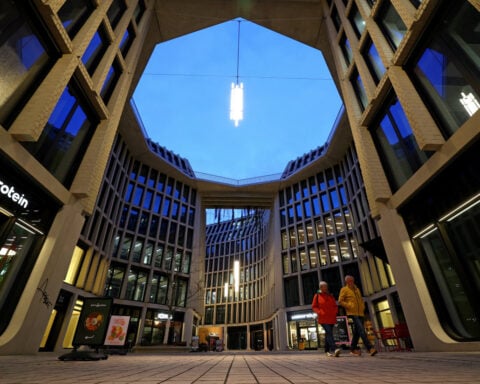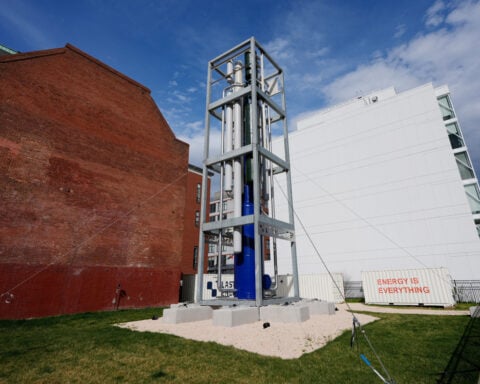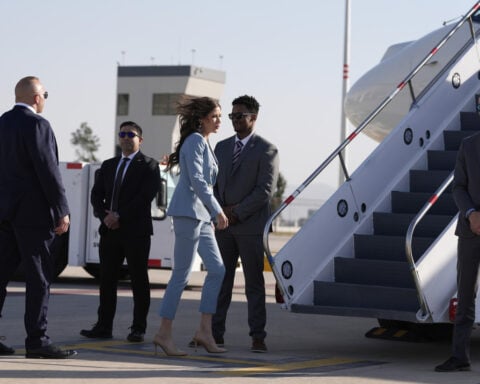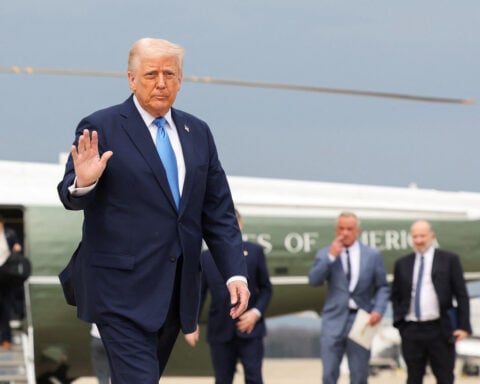By Ceyda Caglayan and Ezgi Erkoyun
CORUM, Turkey (Reuters) - It is hard for Dogan Duman to see how he can keep his garment factory in central Turkey running much longer, even after firing a third of his staff to cut costs that have soared for companies nationwide, generating a wave of bankruptcies and closures.
Idle sewing machines are pushed to the side of his factory floor in Corum, where outside "For Sale" signs and padlocked gates dot the small city's once-buzzing industrial zone.
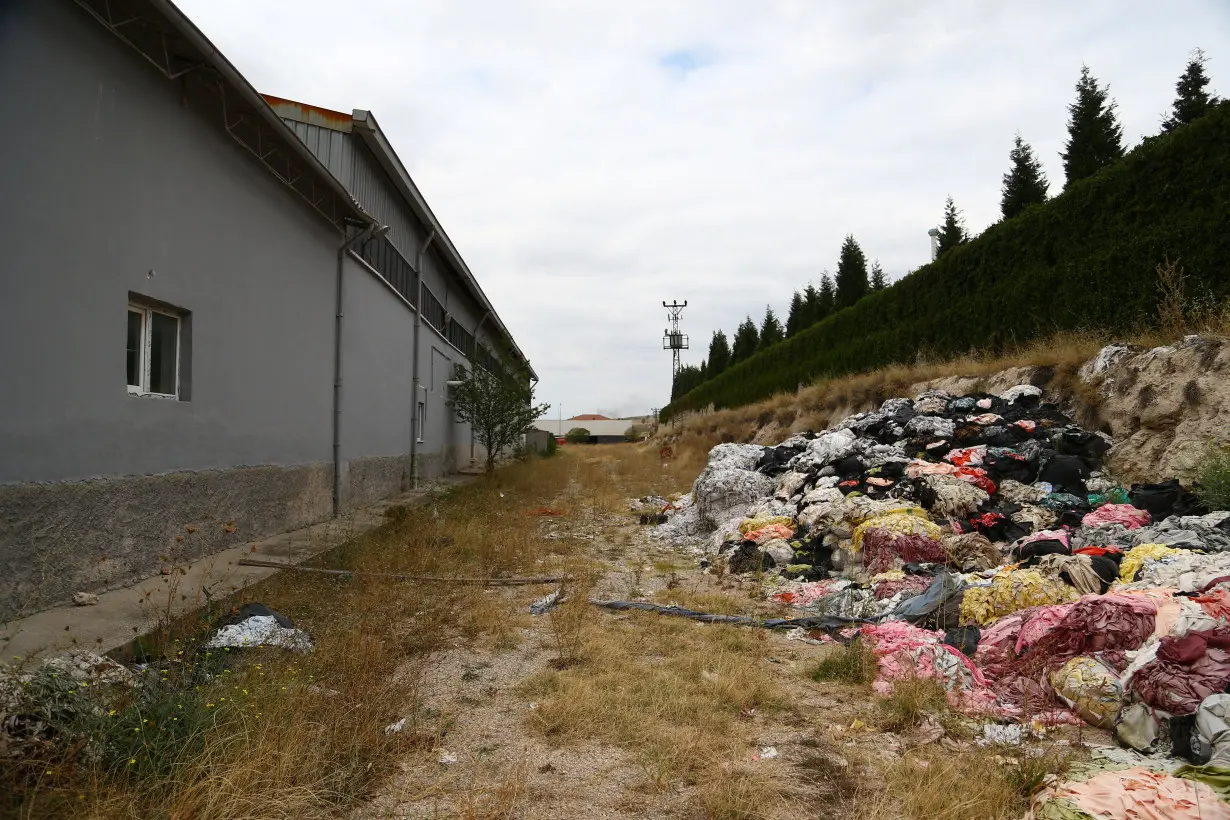
Such sober scenes are spreading across Turkey as part of the fallout from a more than year-long policy-tightening effort, including a 50% benchmark interest rate, to rein in years of soaring inflation and overheated demand.
Thousands of companies like Duman's - which makes coats and jackets for global fashion brand Zara - are squeezed by inflation that topped 75% earlier this year, an overvalued lira, hikes to electricity and gas prices and dwindling export orders.
"The orders are shrinking daily because we are losing our competitiveness... and I think they will shrink even more," he said of his 27-year old company that is now down to 60% capacity and 210 employees.
Turkey is one of the world's top five garment manufacturers and a critical source for Europe's top brands. But despite its advantage of proximity to Europe, its main trade partner, Duman says swelling energy, labour and FX costs have left him trailing rivals in Vietnam and Bangladesh.
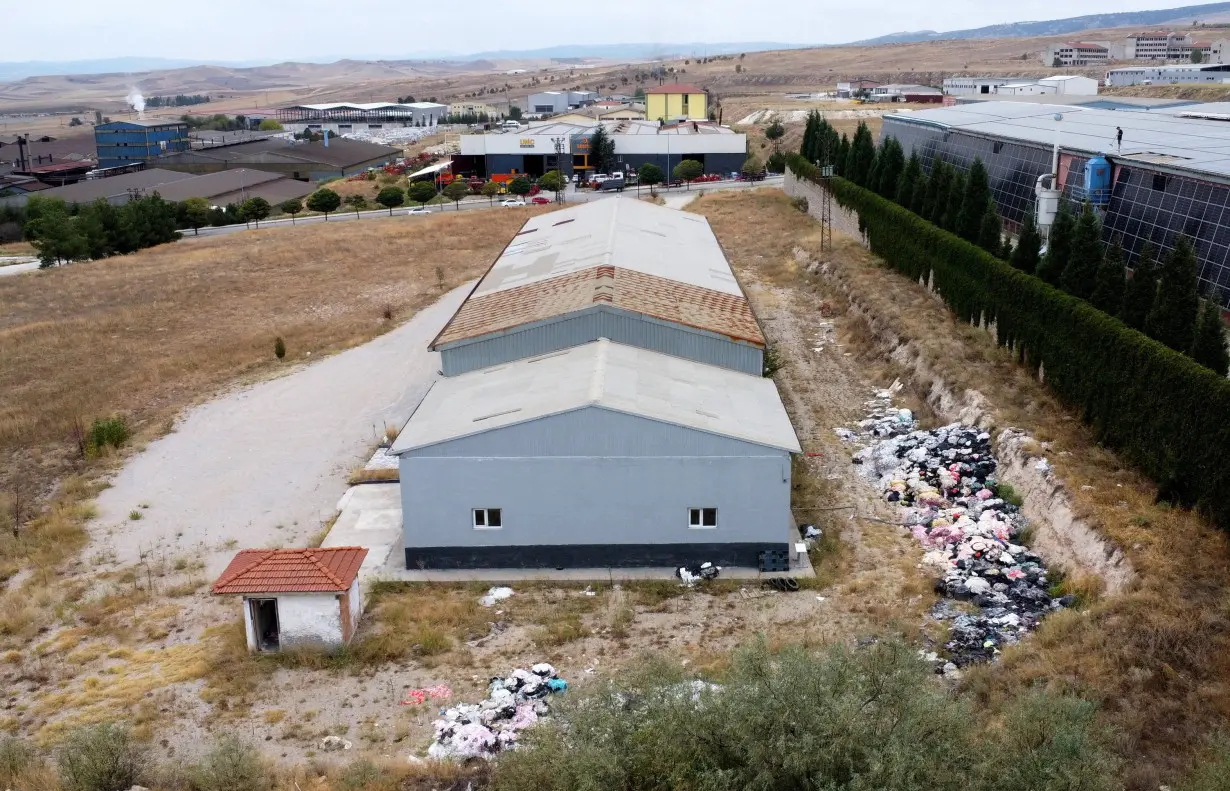
"Considering the current lira exchange rate and the expected further rise to minimum wage next year, I think we won't be able to compete," he said. "We will be at a point of shutdown."
These days, Turkish households and business are facing the economic consequences of a cumulative 41.5 percentage points of rate hikes that began in June last year and are now finally beginning to cool inflation, which dipped to 52% last month.
Last year's dramatic policy U-turn, including fiscal steps, aims to leave behind years of soaring prices and currency crashes under President Tayyip Erdogan's formerly unorthodox approach of monetary easing to stoke growth.
But with credit now out of reach for many, and lira depreciation badly lagging monthly price rises, companies, especially apparel and textile exporters, are in a crunch.
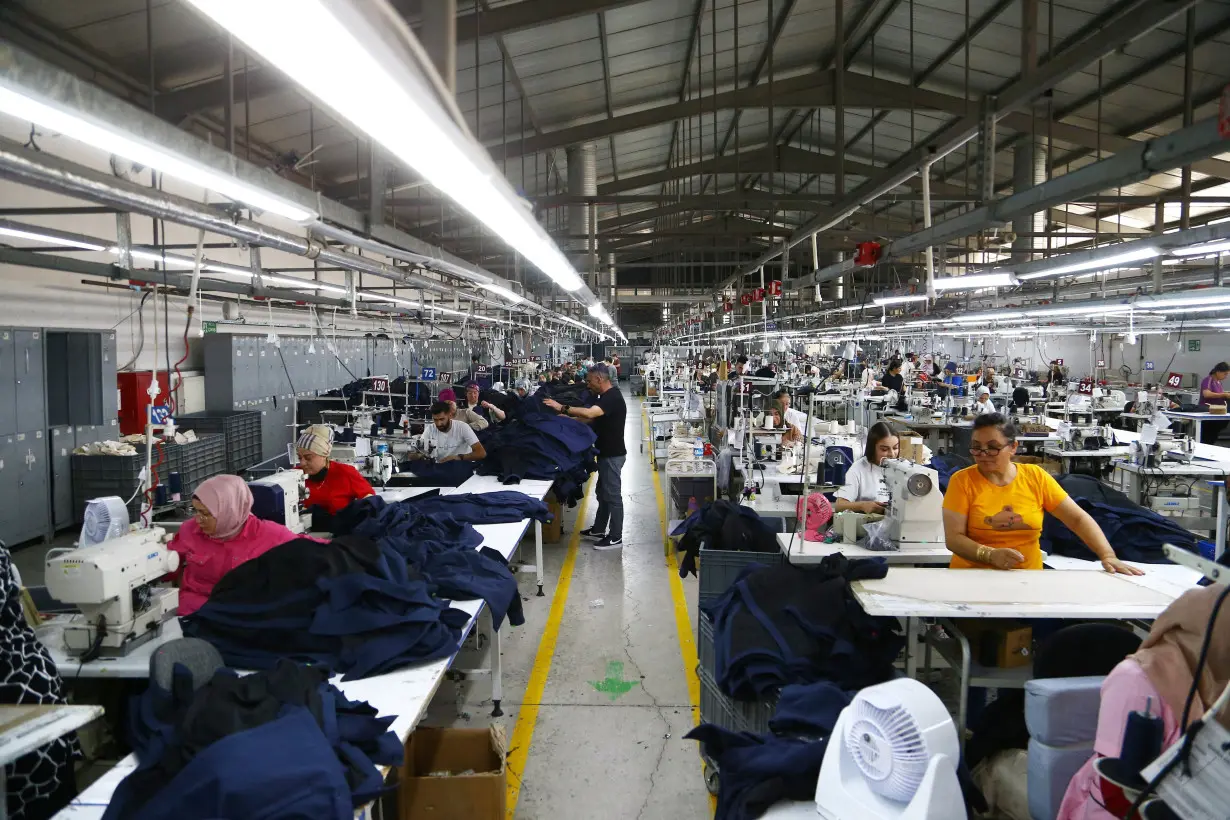
Almost 15,000 companies closed down in the first seven months of the year, up 28% from 2023, according to the Union of Chambers and Commodity Exchanges of Turkey.
Other data suggest bankruptcy stress is brewing.
Monitoring outlet konkordatotakip.com says 982 companies were granted initial court protection from debt in the first eight months of the year, almost double last year's total.
Construction and textile firms have made the largest number of such applications to suspend debt payments to banks and suppliers to continue operations, and also for bankruptcy proceedings.
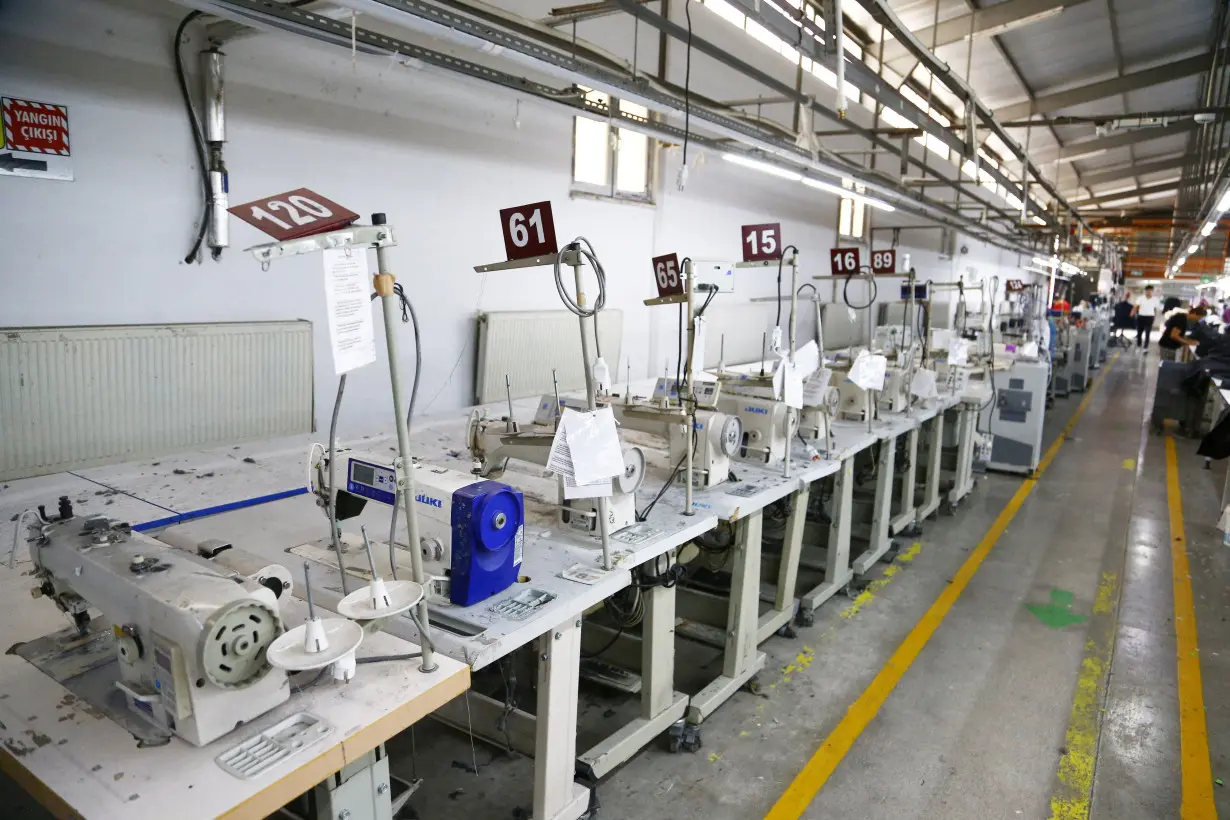
Such company strains have knock-on effects, slowing or halting payments across the economy and lifting joblessness.
There may be "heavy costs," said Erdal Bahcivan, chairman of Istanbul Chamber of Industry. "While trying to save a company, dozens of (creditor) firms may end up in dire straits."
Some economists say that given the aggressive tools used to slay inflation, rising unemployment and bankruptcies are all but certain.
"This is a serious dilemma for the government," said Seyfettin Gursel, director at Bahcesehir University Center for Economic and Social Research. "It is trying to put the monster it created back into its lair, but doesn't know how to do it".
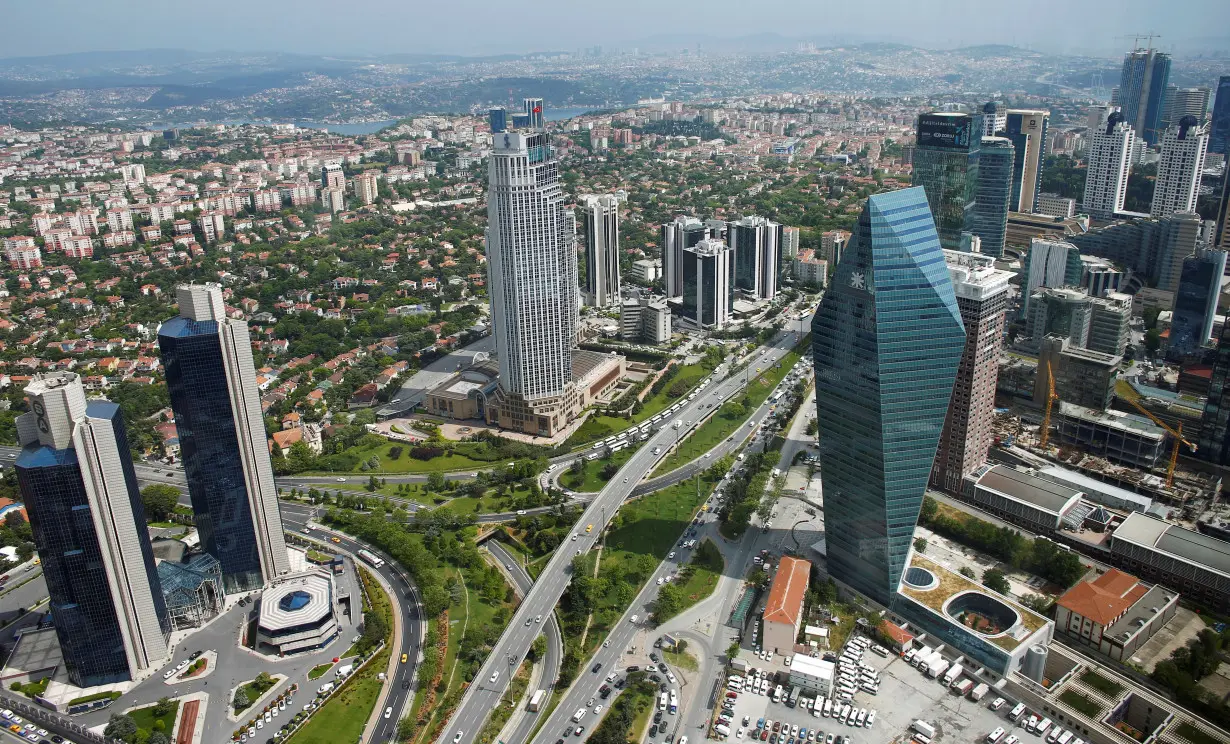
STREWN GARMENTS
In Corum, 500 kilometres east of Istanbul, some factories have broken windows and one had dozens of colourful rain-drenched garments strewn across its grassy yard.
Bulent Demirci, co-owner of a yarn factory in the city with 50 workers, said he shut it down a couple of months ago due to an "unpredictable economic outlook".
"We had production cuts from time to time in the past. But this time it is all doom and gloom," he said.
Ankara's latest hike to the minimum wage was to 17,002 liras ($500) in January, which is up 100% from a year earlier and 500% from the end of 2021, when a historic lira crash rocked Turkey.
Gas and electricity prices have risen about sevenfold and threefold respectively since 2021 for small to mid-scale manufacturers.
Turkey's overall production costs are now almost 40% higher than in competing Asian countries in dollar terms, according to interviews with exporters, who also blame barriers to financing and dwindling working capital.
Exporters have lobbied for more currency depreciation given that, year-to-date, inflation is 32% while the lira has fallen only 13% to the dollar. Authorities however have urged lira holdings, helped along by high deposit rates.
Istanbul-traded Mega Polietilen and garment manufacturer 3F Tekstil are among those that applied for court protection from debt payments.
An executive at 3F who requested anonymity said the move helped as it struggled to survive with a total 600 workers, and to continue supplying fashion brands such as Mango and H&M.
"But our suppliers and those who have receivables will suffer more in this process," amounting to roughly 10,000 workers at outsourced manufacturers across the country, the executive said.
"When interest rates reached 60-70% the companies could not bear it. They cannot manage their debt," he said. "Businesses have paid for high inflation in Turkey."
(Writing by Ceyda Caglayan; Additional reporting by Corina Rodriguez in Madrid, Editing by Jonathan Spicer)

 Trump has begun another trade war. Here's a timeline of how we got here
Trump has begun another trade war. Here's a timeline of how we got here
 Canada's leader laments lost friendship with US in town that sheltered stranded Americans after 9/11
Canada's leader laments lost friendship with US in town that sheltered stranded Americans after 9/11
 Chinese EV giant BYD's fourth-quarter profit leaps 73%
Chinese EV giant BYD's fourth-quarter profit leaps 73%
 You're an American in another land? Prepare to talk about the why and how of Trump 2.0
You're an American in another land? Prepare to talk about the why and how of Trump 2.0
 Chalk talk: Star power, top teams and No. 5 seeds headline the women's March Madness Sweet 16
Chalk talk: Star power, top teams and No. 5 seeds headline the women's March Madness Sweet 16
 Purdue returns to Sweet 16 with 76-62 win over McNeese in March Madness
Purdue returns to Sweet 16 with 76-62 win over McNeese in March Madness
